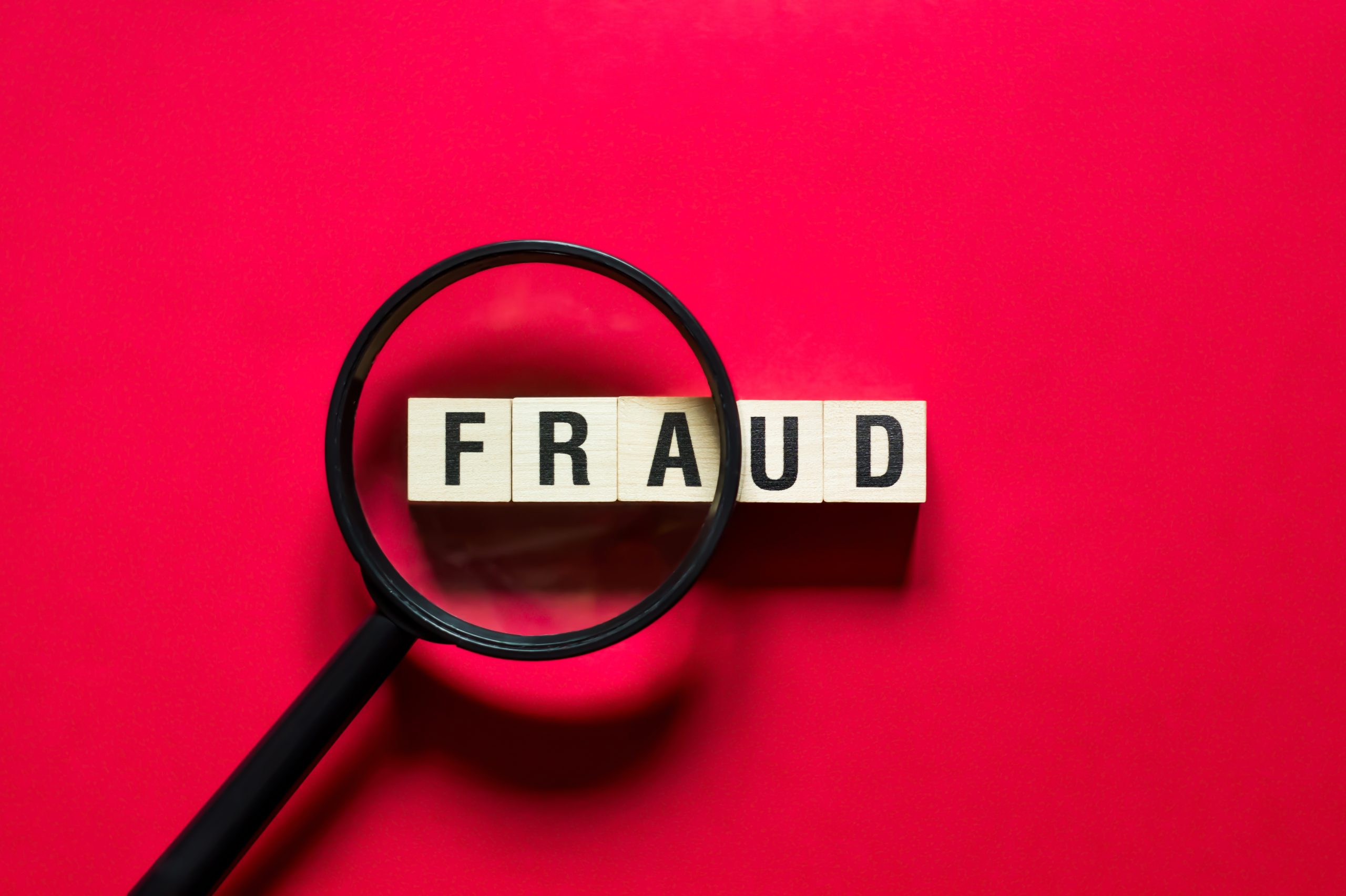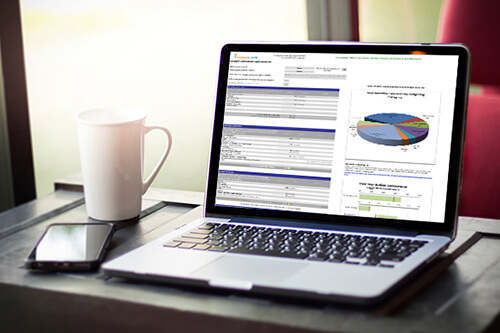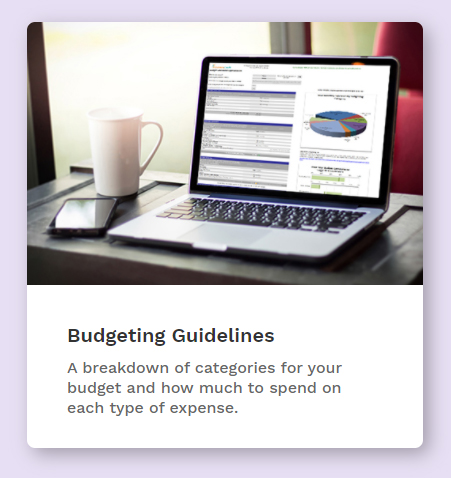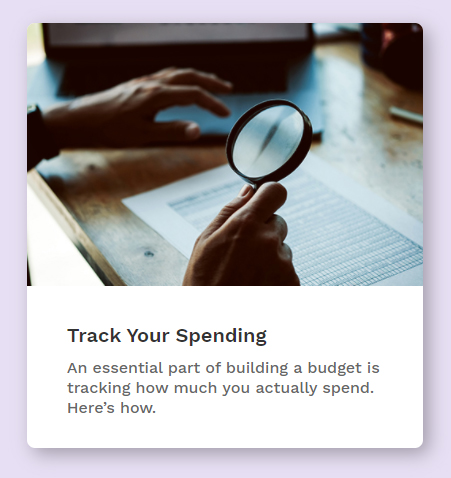Tips to ‘Spring Clean’ Your Finances for Fraud Prevention Month
How keeping your finances ‘tidy’ can help you avoid scams
By Monika Ritchie
March is Fraud Prevention Month, it’s also the month when many of us are gearing up for spring cleaning, so it’s a great time to look into how ‘cleaning up’ your finances can help you avoid fraud. While spring cleaning your home typically involves tidying, repairing, and otherwise sprucing things up; spring cleaning your finances means getting (and staying) organized i.e. opening, filing, and safely disposing of your financial documents. Checking your bank accounts and your credit report for any unusual activity that may be cluttering them up, is another way to stay on top of any potential scams targeting your finances. Being aware of the more common scams out there today, is another way to help you avoid fraud and keep your finances squeaky clean. Check out these tips to learn how ‘spring cleaning’ your finances can help protect them from scams.
Organizing Your Finances Can Help Avoid Financial Fraud
If you find it difficult to organize your finances and access your financial information, you’re certainly not alone, but this puts you at greater risk of financial fraud. Fears around your debt can lead to financial habits that put your personal information and identity at risk. Unfortunately, not opening your bills, ignoring your bank accounts and statements until there’s a problem, or tossing out paperwork without a second thought, are all habits that make it a lot easier for a fraudster to get a hold of your financial details.
Keeping your financial information organized and easy to access also means that if there is a problem, you’ll be able to notice, and put a stop to it sooner than you would otherwise. Household bills, credit card and banking statements, and other financial documents contain a wealth of information that’s a goldmine for anyone looking to steal your money or your identity. These documents should be disposed of carefully – throwing them in the garbage is not good enough! These organization tips can help you keep your finances neat, tidy, and safe from fraud.
- Set up a filing system for your financial documents –whether they’re hard copies or digital, keep all of your financial paperwork safe in one place.
- Once you have a filing system, opening your bills and other financial paperwork becomes a bit less scary. Open and read everything, then file it away when you’re done.
- Always shred old credit card statements, cheques, and other documents containing personal information.
Avoid Scams, Track Your Spending and Access Your Credit Report Online
Whether you’re a total techie or online newbie, the speed and convenience of accessing your banking, credit report, and other financial details online is another great way to protect yourself from financial fraud and identity theft. Being able to see your spending quickly and easily all in one place, means you will be much more likely to notice any unusual activity on your accounts. Once you get familiar with looking over your accounts on a regular basis, it will become easier to notice any errors and allow you to tidy up any financial discrepancies before they become a serious problem. Here are some tips to get started.
- Bookmark the link to your online bank account and get into the habit of checking it regularly – at least once a week.
- Accessing your accounts more often means you’ll be quick to notice if a scammer is taking money from your bank account or shopping with your credit card.
- Get your free credit report from TransUnion and Equifax, it will give you a detailed look at your spending history, and allow you to catch any inaccuracies and get them corrected sooner.
- Learn how to read and understand your credit report to ensure you don’t miss any crucial information.
- When accessing sensitive information online like bank accounts and other financial details, make sure you’re logging in through a trusted computer and internet connection.
10 Ways to Protect Yourself and Your Finances From Identity Theft
Be Aware of the Latest Frauds Targeting Your Finances
It can be difficult to avoid the latest financial frauds if you don’t know what to look for. Last year, the Canadian Anti-Fraud Centre (CAFC) received fraud and cybercrime reports totalling a record-breaking $530 million in victim losses – an almost 40% increase from the $380 million in losses in 2021. Keeping up to date on what kinds of frauds are impacting consumers the most, means you’ll be more likely to recognize one, should it come your way. The CAFC raises awareness about the more common scams impacting consumers. This year’s list included:
- Investment scams (especially cryptocurrency fraud)
- Service scams
- Spear Phishing
- Phishing
The CAFC’s Top 10 Scams in 2022
Bonus Tip, Always Report Fraud!
According to the CAFC, only 5 to 10 percent of people report fraud. It’s normal to feel a bit embarrassed about having been the victim of fraud, but don’t let that stop you from reporting it. Your report not only helps your own situation, but it also provides valuable information to the authorities to help minimize these kind of scams.
How to report fraud and scams in Canada
We Can Help You With Spring Cleaning… Your Finances
Spring cleaning can feel a bit overwhelming sometimes and it’s not always easy to do on your own. While we can’t come over to help you wash your windows or declutter your closets, our friendly, trusted financial counsellors can help you get your finances set and secure for the spring and beyond. Reach out to us for a hand.
Last Updated on April 19, 2025







Very helpful
Very good information Thank you